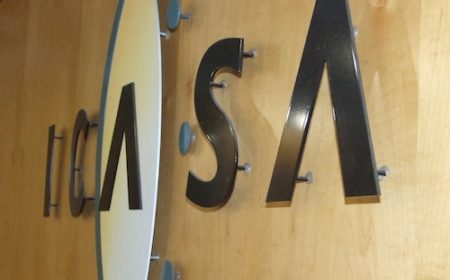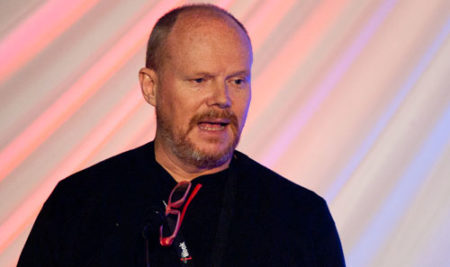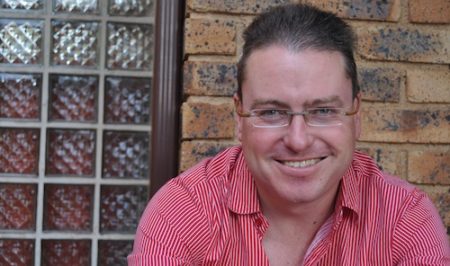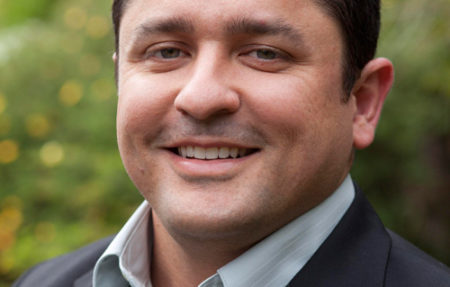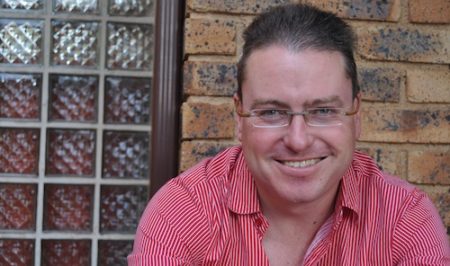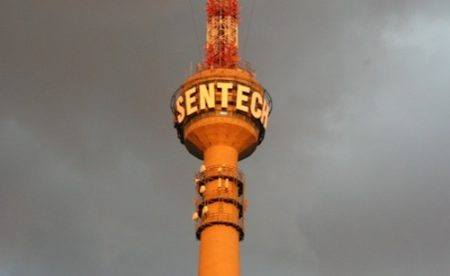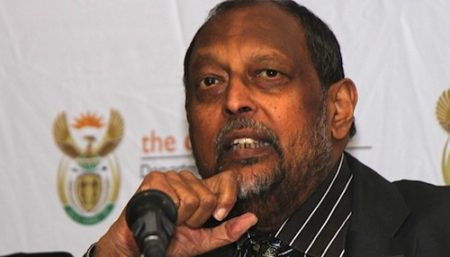The dispute over Screamer Telecommunications’ alleged unlawful use of radio frequency spectrum owned by state-owned broadcasting signal distributor Sentech is finally coming to a head, with the complaints and compliance committee of the Independent Communications
Browsing: Sentech
The National Planning Commission’s National Development Plan, released last week, makes several proposals for growing the information and communications technology industry, one of the most interesting of which is that the country should allow companies to
The National Planning Commission’s National Development Plan, published on Friday, makes a number of sensible, market-friendly proposals to grow SA’s information and communications technology industry. One of the most important is the idea of spectrum trading
The GSM Association, an influential industry body that represents most of the world’s mobile operators, has warned that centralising spectrum decisions in SA’s ministry of communications could result in spectrum being allocated to companies or government agencies that
More than 17 years after SA’s first democratic elections, politicians are still indecisive over how to extend connectivity into rural areas and bridge the so-called “digital divide”. Government continues to concoct ideologically confused plans. Instead, it should just get
“White spaces.” These chunks of radio frequency spectrum allocated to broadcasters but not used could hold the solution to SA’s electronic communications challenges. Steve Song, founder of Village Telco — a social enterprise that uses open-source
Public enterprises minister Malusi Gigaba has again raised the possibility of a merger between state-owned enterprises Sentech and Broadband Infraco, but says nothing is imminent. “It would be the culmination of a process,” Gigaba says. There has been talk for at
Communications minister Roy Padayachie has provided a little more clarity on government’s thinking about digital terrestrial television and what it would like to see happening once broadcasters switch off their analogue signals freeing up
The department of communications is working on a number of long overdue projects that could have a profound impact on the technology sector. If it delivers on its new approach, SA has a good chance of building a more competitive
Sentech’s acting chief operating officer, Dingane Dube, has left the state-owned broadcasting signal distributor to pursue “personal business interests”. Dube, a long-serving executive at the company, left its employ on 21 July, says spokesman Nthabeleng Mokotim


